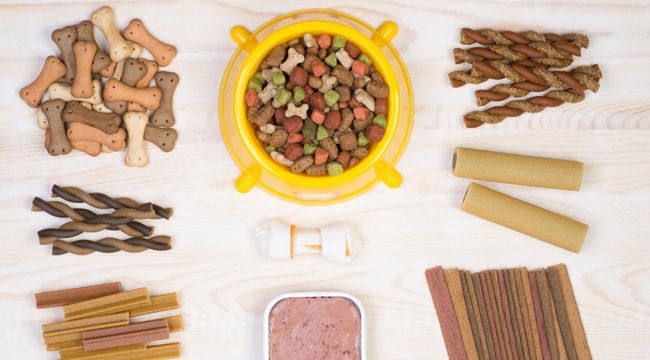
When it comes to your dog’s nutrition, you want to ensure you give them the best food possible. The question is, how can you determine if your dog food is high quality? With so many brands on the market, it can be challenging to determine which is suitable for your pup. Here are some excellent tips to help you decide if your dog food is of high quality:
Check the label
The first place to start when evaluating the quality of any pet food product is by reading the label. It should include a detailed list of all ingredients and sources of protein and fat and any vitamins or minerals that have been added. Ideally, the primary source of protein should be an animal-based ingredient such as chicken, beef, or fish. If the label does not include a list of ingredients and their sources, this is a major red flag that could signal the food is low-quality.
Look for certifications
High-quality dog foods should also bear third-party certification seals from organizations like the American Feed Control Officials (AAFCO). These certifications ensure that the product meets specific nutritional standards by AAFCO and may also provide additional information about the source of ingredients used in the food. Additionally, some pet food brands have undergone further testing for quality control and safety, such as those verified through Safe Quality Food (SQF) or HACCP Certification programs. Look for these seals on your pet’s food to ensure it has been thoroughly evaluated.
Inspect the texture
High-quality dog foods should have a uniform texture and consistency, which indicates minimal processing. If you notice large chunks or chunks that break apart easily, this is usually a sign of an inferior product. Also, poor-quality dog food may contain fillers such as corn or wheat, making the texture feel spongy or mushy.
Avoid artificial flavors and preservatives
Artificial flavors and preservatives can harm your pup’s health in the long run and are often found in some of the worst dog food brands. Look for natural flavorings such as fruit and vegetable extracts, as these are much safer options for your pup. Avoiding artificial flavors, preservatives, and colorings is also essential for your pup’s overall health and longevity.
Check the manufacturer’s reputation
Doing a bit of research on the manufacturer can provide insight into the quality of their products. In addition to reading reviews to get an idea of how other pet owners feel about the brand, you can also look up whether they have recalled any of their products in the past. If the manufacturer has had recalls or numerous negative reviews online, it may be best to avoid that particular brand altogether.
By following these tips, you can make an informed decision when selecting dog food for your pup and ensure that your pet gets only high-quality nutrition. Researching the manufacturer’s reputation can help you choose a product that meets your pup’s nutritional needs. Providing your dog with a balanced, high-quality diet is essential for their overall health and well-being, so it is vital to take the time to make sure you give them only the best.
Healthy alternatives to feed your dog
Healthy alternatives to feed your dog are essential to providing them with proper nutrition. While commercial kibble or canned food can be a balanced and convenient option, supplementing your pup’s diet with home-cooked meals or fresh ingredients can help provide added nutrients.
Making a home-cooked meal for your pup can include adding healthy proteins such as cooked chicken, beef, fish, or eggs. Brown rice and oatmeal are great accompaniments to add complex carbohydrates and fiber. Supplementing the meal with fresh vegetables like carrots, broccoli, spinach, sweet potatoes, and squash provides additional vitamins, minerals, and dietary fiber. You can also add other superfoods such as apples, blueberries, flaxseed, and coconut oil to ensure your pup gets all the necessary nutrients.
Raw diets are another healthy alternative for dogs that give them unprocessed meat, organs, bones, and fruits/vegetables. This diet requires careful consideration for nutrient deficiencies, so it’s essential to speak with a certified canine nutritionist to ensure you’re providing the best balance of nutrients for your pup.
In addition to these options, homemade treats such as dehydrated sweet potato chips or banana chips can be fed in moderation as a healthy snack or reward. Remember that dog treats should not make up more than 10% of their total daily calories is critical when feeding these types of snacks.
The bottom line
Providing healthy alternatives for your pup is one way to ensure they get all the necessary nutrients needed for optimal health. Consulting with a veterinary nutritionist is always recommended before starting any new diet modification plan, so you know what changes need to be made depending on your needs. Your pup will stay happy and healthy with the right balance of whole foods and occasional treats.



